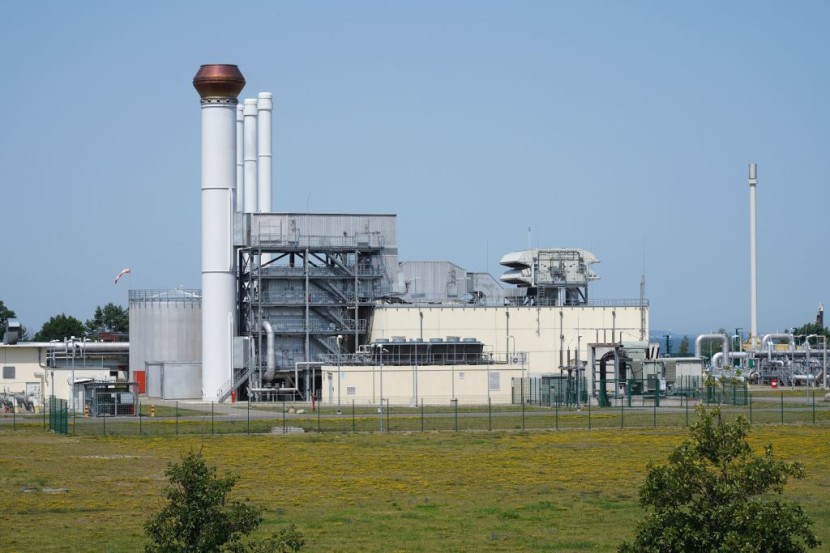
According to US officials, the Biden administration is working furiously behind the scenes to keep European allies united against Russia as Moscow cuts its energy supplies to the European Union further, causing panic on both sides of the Atlantic about potentially severe gas shortages heading into winter.
Russia's state-owned gas corporation Gazprom announced on Monday that it will restrict flows via the Nord Stream 1 pipeline to Germany in half, to barely 20% of capacity.
Russia Limits Europe's Natural Gas Supply
The decision was in retribution for Western sanctions, and it places the West in an "uncharted area" in terms of whether Europe would have enough gas to get through the winter. In reaction to the upheaval, the White House sent the presidential coordinator for global energy Amos Hochstein to Europe on Tuesday, according to officials. He will fly to Paris and Brussels to meet with the US-EU energy task group, which was formed in March, one month after Russia invaded Ukraine.
The United States and the European Union have been pleading with EU members to save gas and store it for the winter; and on Tuesday, energy ministers agreed in principle to reduce gas use by 15% from August to March.
Officials also stated that there would be conversations in the coming days about raising nuclear power output across Europe to counter gas shortages. Germany planned to phase out nuclear power by the end of 2022, but US officials are seeking to persuade Berlin to prolong the life of its three remaining nuclear power reactors in the face of the energy crisis, according to CNN.
Russia's Gazprom has justified its latest cut on the necessity to cease the functioning of a turbine, which EU energy head Kadri Simson has rejected as politically driven.
As per Simson, the arrangement should ensure that nations conserve enough gas to survive an ordinary winter if Russia completely cuts supply today, but an extremely cold winter might necessitate more drastic measures.
Russia Warns To Abandon ISS
Russia provided 40% of EU gas before invading Ukraine on February 24 in what Moscow describes as a "special military operation." The EU agreement would remove Ireland, Malta, and Cyprus from the binding 15% gas reduction - nations that are not linked to other member states' gas networks and hence cannot exchange extra gas with other countries in a supply emergency.
Nations with limited capabilities to sell gas to other EU countries might ask for a lower objective as long as they export what they can. Spain, which does not rely on Russian gas and initially rejected the EU proposal, might be among those affected, as per Reuters.
As Europe prepared to stockpile gas, Russian airplanes attacked sites near the strategically important port city of Odesa in Ukraine's Black Sea area. The attacks have raised concerns that a breakthrough agreement reached by Moscow and Kyiv over the weekend to allow grain supplies from Ukraine's Black Sea ports may be jeopardized.
The Kremlin is still prepared to hold the world food supply hostage as part of its larger war strategy in Ukraine, and any deals reached with Russian President Vladimir Putin's administration cannot be trusted.
The Kremlin appears to exult in using its power, boasting that the US and Europe can do nothing to stop it. Just as Russia announced its withdrawal from the International Space Station, top Kremlin officials stated that the West is fast running out of methods to hold Russia accountable for the terrible conflict in Ukraine.
To punish Russia for invading Ukraine, the United States and its NATO partners have used unprecedented financial penalties. The sanctions have had an impact on the Russian economy, but they appear to have had little impact on Mr. Putin's overall agenda, The Washington Times reported.
Related Article : Vladimir Putin Health Scare: Russian Officials Panic Over Shocking Late Night Emergency
@YouTube
© 2026 HNGN, All rights reserved. Do not reproduce without permission.








